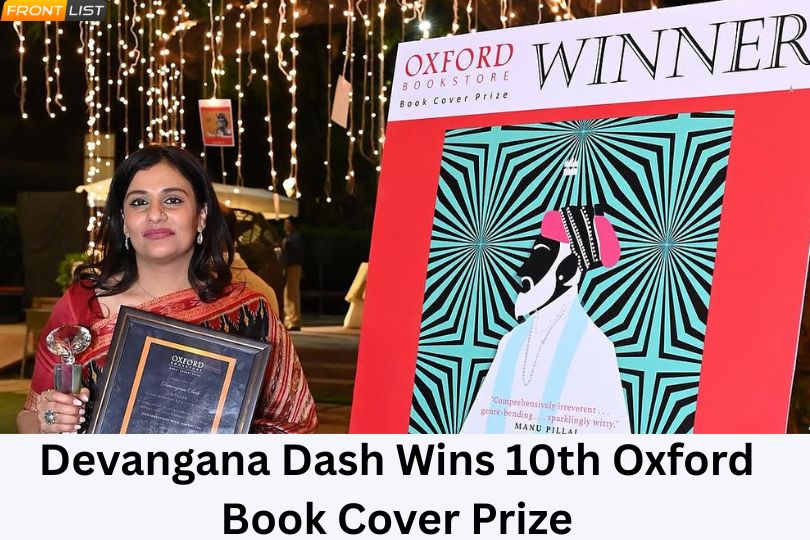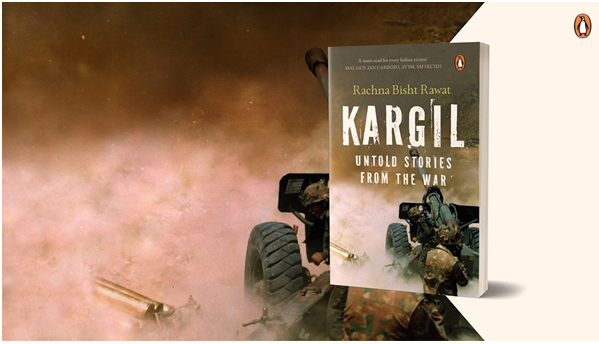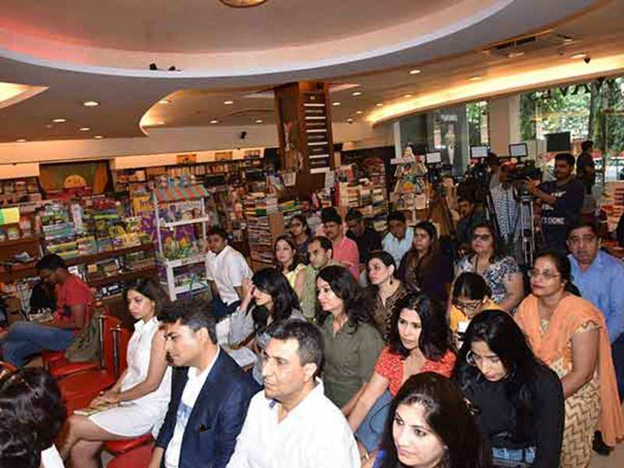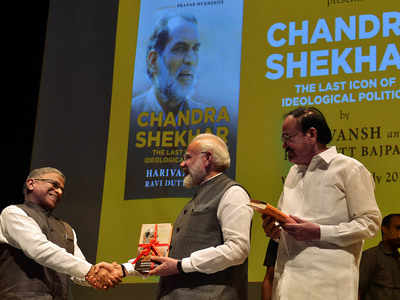Frontlsit | 10 RECENT BOOKS BY ASIAN AMERICAN POETS
Frontlsit | 10 RECENT BOOKS BY ASIAN AMERICAN POETSon Oct 27, 2020

SOFT SCIENCE BY FRANNY CHOI
Franny Choi’s latest poetry collection is organized around the idea of cyborgs and consciousness. She uses the Turing Test as an organizational structure for the sections within Soft Science. In this way, she explores what it means to be human. To have a body, emotions, consciousness. To feel pain in this cold world. The very first piece in the collection is called “Glossary of Terms” and starts the book with the words star, ghost, mouth, and sea. Each of these concepts recurs in significant ways throughout the book. Ultimately, it’s a book about desire, gender, race, and humanity. Stylistically, it’s very different from her previous collection, but thematically, it’s a captivating progeny.
OCULUS BY SALLY WEN MAO
Oculus lives up to its name: it gives you a peek into another world. A poetic world. A world full of science fiction references that butt up against orientalist fantasies. A world you won’t want to leave. Mao’s Anna May Wong poems are especially lively. With titles like “Anna May Wong Has Breakfast at Tiffany’s” and “Anna May Wong Goes Viral,” this collection will surprise you again and again. It’s an exploration of pop culture, a meditation on art. In the very first poem, “Ghost Story,” Mao writes, “When I lived, I wanted to be seen.” This collection is alive, and it wants to be read.
A NAIL THE EVENING HANGS ON BY MONICA SOK
This first collection by Cambodian American poet Monica Sok will make you feel. Grappling with the lingering collective trauma caused by the Cambodian genocide, A Nail the Evening Hangs On is a reclamation. Sok (re)writes memory through myth and poetic imagining. Despite (or perhaps because of) the gravity of the histories at the heart of this collection, the writing is exceedingly gentle. For instance, the poem “The Woman Who Was Small, Not Because the World Expanded” tells the story of a woman (the speaker’s mother) who shrank smaller and smaller until the speaker “easily picked her up / folding her inside a banana leaf.” While it’s a poem about terror, it’s also a poem about love and healing. That is true for the entire book. It arises from atrocity but circles around to healing.
WORLD OF WONDERS: IN PRAISE OF FIREFLIES, WHALE SHARKS, AND OTHER ASTONISHMENTS BY AIMEE NEZHUKUMATATHIL
“The buntings know the North Star by heart, learn to look for it in their first summer of life, storing this knowledge to use years later when they first learn to migrate. How they must have spent hours gazing at the star during those nestling nights, peeking out from under their mother. What shines so strongly holds them steady.” Spare but insightful prose is what you’ll find in this collection of personal essays. Put simply, Nezhukumatathil’s new book is beautiful. Anytime a poet writes a book of prose, it’s something to pay attention to, and World of Wonders is no exception. Combining what might be classified as “nature writing” with personal stories about growing up brown in the United States, it’s an unlikely book. Not only is the prose stunning, but the book features a visual surprise: illustrations. Fumi Mini Nakamura’s renderings of flora and fauna are reminiscent of old botanical drawings, and they complement Nezhukumatathil’s lush prose perfectly. This is a rare wonder of a book, and one that you’ll want to share with your friends for its richness.
OBIT BY VICTORIA CHANG
OBIT is grief manifest. A poetic response to a mother’s death. It’s an unflinching, heartfelt book that looks loss straight in the eye and transforms it into obituaries for everything from the poet herself to household items, from voicemail to emotions. Written in the aftermath of Chang’s mother’s death, this collection is a compelling meditation on loss. Chang’s use of the obituary as a literary form enables her to express her own specific grief while also crafting pieces that speak to the universal condition of loss. She treats the emotional experience of grief with tenderness. In this way, the heaviness one might expect from a book of obituaries becomes a pathway to healing.
THAT WAS NOW, THIS IS THEN BY VIJAY SESHADRI
The title of Pulitzer Prize–winning poet Vijay Seshadri’s latest collection pretty much says it all. The temporal twist of the common phrase “that was then, this is now” belies the way past, present, and future spill into each other in this book. In many ways, this is an intellectual collection. The lines “I wanted to curl up / in the comfortable cosmic melancholy of my past, / in the sadness of my past being passed” exemplify the lovely tangliness of Seshadri’s poetry. That Was Now, This Is Then is worth it, whenever you are.
LETTERS TO A YOUNG BROWN GIRL BY BARBARA JANE REYES
Written with a sharp tongue and a loud voice, Reyes’s latest collection is bold and unapologetic. This collection is broken into three parts which, in turns, deconstruct the concept of the titular brown girl and offer an empowering cry for Filipinas. Letters to a Young Brown Girl strips away the pretenses and gets right to the heart of things. Reyes’s fresh use of the second person to directly address the reader aligns with the way the book breaks down power dynamics. In a word, this book is fierce.
FOREIGN BODIES BY KIMIKO HAHN
This book is unusual, and I love it. It was inspired by a museum exhibit featuring objects once ingested by children, and takes the idea of curiosities to a whole new level. Hahn turns the idea of the strangeness of everyday objects into a lens through which she explores her family history. In the poem “Object Lessons,” she writes, “each child had hoarded some thing / in her inmost chest.” The poems that follow consider what it means to hoard objects, ideas, and experiences within one’s body. One’s heart. It’s an intriguing and haunting read.
THE OCTOPUS MUSEUM BY BRENDA SHAUGHNESSY
At times humorous, at times heartbreaking, The Octopus Museum is a fascinating book. The table of contents is labeled a visitor’s guide and begins, “The OM has five exhibition spaces, with another three currently under construction.” With that, Shaughnessy’s collection takes off. She explores racism, power, motherhood, the environment, and more. The poems weave in and out of fear and love. Dreams and nightmares. The abstract and the concrete. The result is a thoughtful and moving collection.
ON EARTH WE’RE BRIEFLY GORGEOUS BY OCEAN VUONG
On Earth We’re Briefly Gorgeous is a novel by a poet. Vuong has indicated that this novel continues the exploration of American identity begun in his award-winning 2016 poetry collection Night Sky With Exit Wounds. It tells the story of Little Dog, a young boy, as he grows up with his mother and grandmother. Their histories shape his reality in ways Vuong captures powerfully. Those histories are also the violent histories of empire of the U.S.’s war in Vietnam. That Vuong is able to intertwine geopolitics with the deeply personal story of Little Dog’s coming of age is impressive. That he does so in a way that feels both honest and poignant is amazing. This book delivers more than one gut punch, but it’s so full of grace and love that you’ll keep reading through the tears.
Authors
Best Books
Best Books To Read
Bestseller
book news
Books
Books by Asian-American Poets
Coronavirus
Covid-19
Education News
Frontlist
Frontlist Article
Frontlist Book
Frontlist Book News
Frontlist Education
Frontlist education News
Frontlist India
Google news
Latest news
Poets
Publishers
Publishing
Virtual Book Fair
Virtual Book Fair 2020
Writers



.jpg)






.jpg)

.jpg)

.jpg)
.jpg)
.jpg)
.jpg)










Sorry! No comment found for this post.